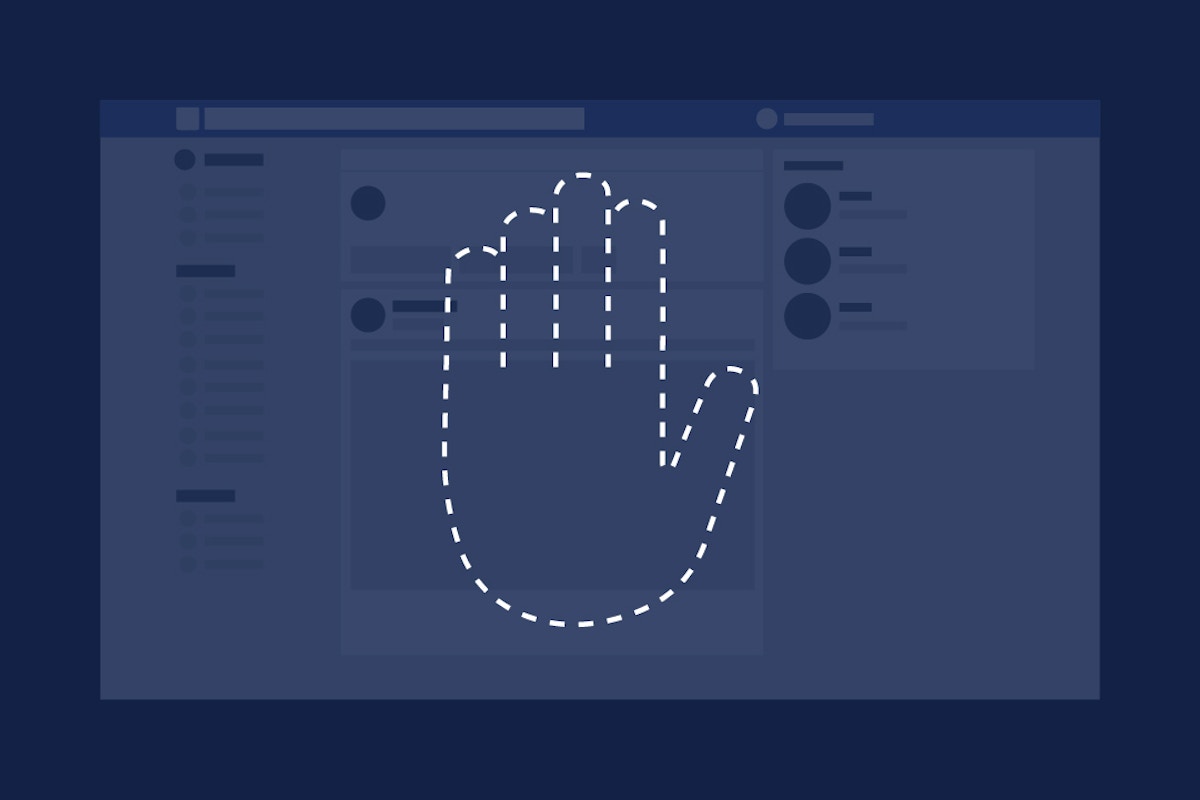In Court, Facebook Blames Users for Destroying Their Own Right to Privacy

But only months after Zuckerberg first outlined his “privacy-focused vision for social networking” in a 3,000-word post on the social network he founded, his lawyers were explaining to a California judge that privacy on Facebook is nonexistent.
The courtroom debate, first reported by Law360, took place as Facebook tried to scuttle litigation from users upset that their personal data was shared without their knowledge with the consultancy Cambridge Analytica and later with advisers to Donald Trump’s campaign. The full transcript of the proceedings — which has been quoted from only briefly — reveal one of the most stunning examples of corporate doublespeak certainly in Facebook’s history.
Representing Facebook before U.S. District Judge Vince Chhabria was Orin Snyder of Gibson Dunn & Crutcher, who claimed that the plaintiffs’ charges of privacy invasion were invalid because Facebook users have no expectation of privacy on Facebook. The simple act of using Facebook, Snyder claimed, negated any user’s expectation of privacy:
There is no privacy interest, because by sharing with a hundred friends on a social media platform, which is an affirmative social act to publish, to disclose, to share ostensibly private information with a hundred people, you have just, under centuries of common law, under the judgment of Congress, under the SCA, negated any reasonable expectation of privacy.
An outside party can’t violate what you yourself destroyed, Snyder seemed to suggest. Snyder was emphatic in his description of Facebook as a sort of privacy anti-matter, going so far as to claim that “the social act of broadcasting your private information to 100 people negates, as a matter of law, any reasonable expectation of privacy.” You’d be hard-pressed to come up with a more elegant, concise description of Facebook than “the social act of broadcasting your private information” to people. So not only is it Facebook’s legal position that you’re not entitled to any expectation of privacy, but it’s your fault that the expectation went poof the moment you started using the site (or at least once you connected with 100 Facebook “friends”).
Judge Chhabria was skeptical of Snyder’s privacy nonexistence argument at times, which he rejected as treating personal privacy as a binary, “like either you have a full expectation of privacy, or you have no expectation of privacy at all,” the judge put it at one point. Chhabria continued with a relatable hypothetical:
If I share [information] with ten people, that doesn’t eliminate my expectation of privacy. It might diminish it, but it doesn’t eliminate it. And if I share something with ten people on the understanding that the entity that is helping me share it will not further disseminate it to a thousand companies, I don’t understand why I don’t have — why that’s not a violation of my expectation of privacy.
Snyder responded with an incredible metaphor for how Facebook sees your use of its services — legally, at least:
Let me give you a hypothetical of my own. I go into a classroom and invite a hundred friends. This courtroom. I invite a hundred friends, I rent out the courtroom, and I have a party. And I disclose — And I disclose something private about myself to a hundred people, friends and colleagues. Those friends then rent out a 100,000-person arena, and they rebroadcast those to 100,000 people. I have no cause of action because by going to a hundred people and saying my private truths, I have negated any reasonable expectation of privacy, because the case law is clear.
And there it is, in broad daylight: Using Facebook is a depressing party taking place in a courtroom, for some reason, that’s being simultaneously broadcasted to a 100,000-person arena on a sort of time delay. If you show up at the party, don’t be mad when your photo winds up on the Jumbotron. That is literally the company’s legal position.



